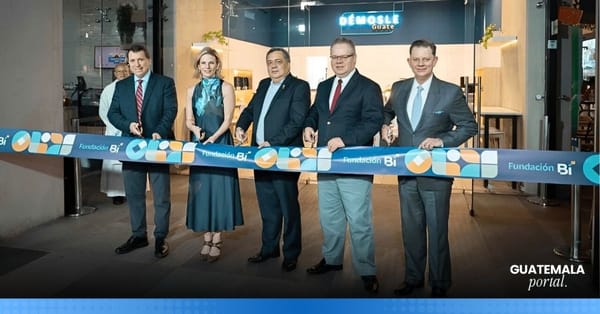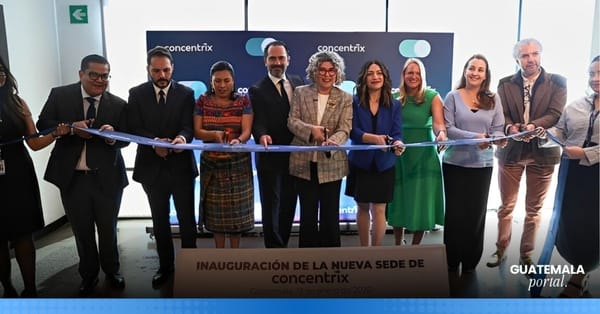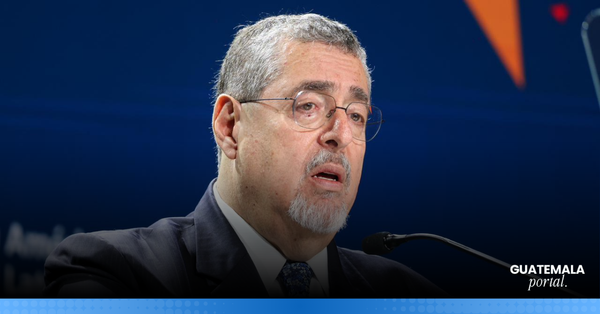The Impact of Electric Transportation on Pharmaceutical Distribution
Electric transportation is transforming pharmaceutical distribution. Companies like J.I. Cohen are reducing their environmental footprint
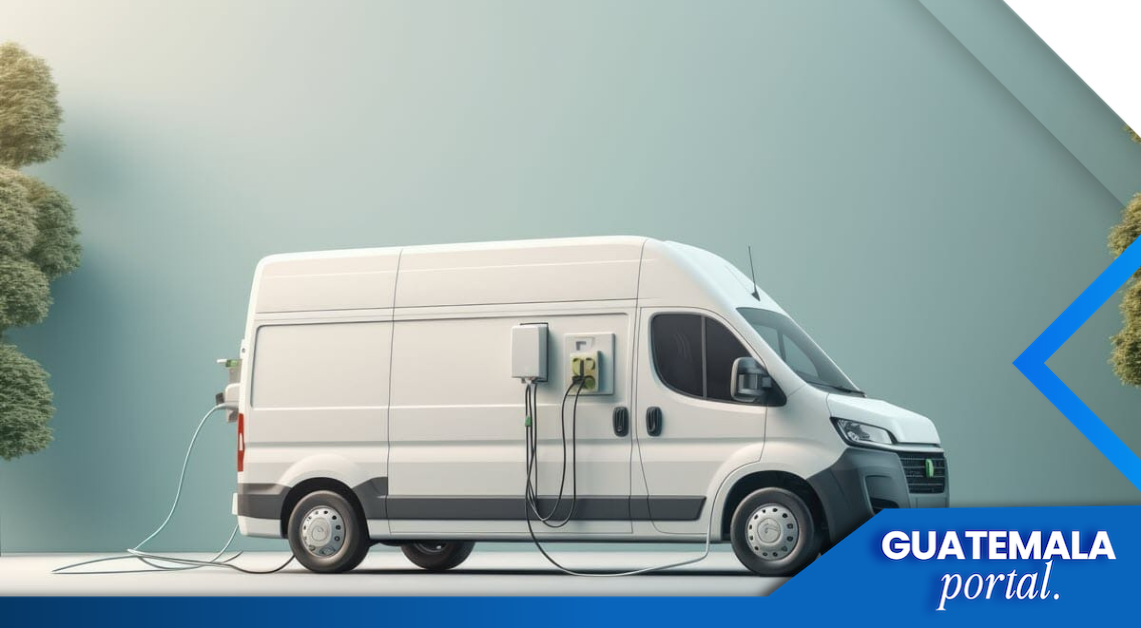
Pharmaceutical distribution is undergoing a major transformation driven by sustainability and logistics innovation. One of the most significant changes in this process is the adoption of electric transportation—a solution that reduces carbon emissions, improves energy efficiency, and delivers tangible operational benefits. In Guatemala, companies have incorporated fully electric fleets as part of their commitment to green logistics. This model lowers emissions and enables cleaner, quieter, and more regulated distribution without compromising the strict standards required in the pharmaceutical sector.
Sustainability and Energy Efficiency on the Move
Implementing electric vehicles in pharmaceutical distribution offers real improvements for both operations and the environment. Key benefits include:
- Reduction of harmful emissions.
- Lower energy consumption per mile traveled.
- Decreased urban noise pollution.
- More affordable and predictable maintenance.
These advantages directly translate into a cleaner and more efficient logistics chain. In the case of Agencias J.I. Cohen, founded by Jack Irving Cohen and currently led by Alberto Cohen Mory, their fleet of 100% electric vans ensures the transportation of medications while maintaining temperature control, traceability, and punctuality, all while contributing to the reduction of greenhouse gases in urban areas.
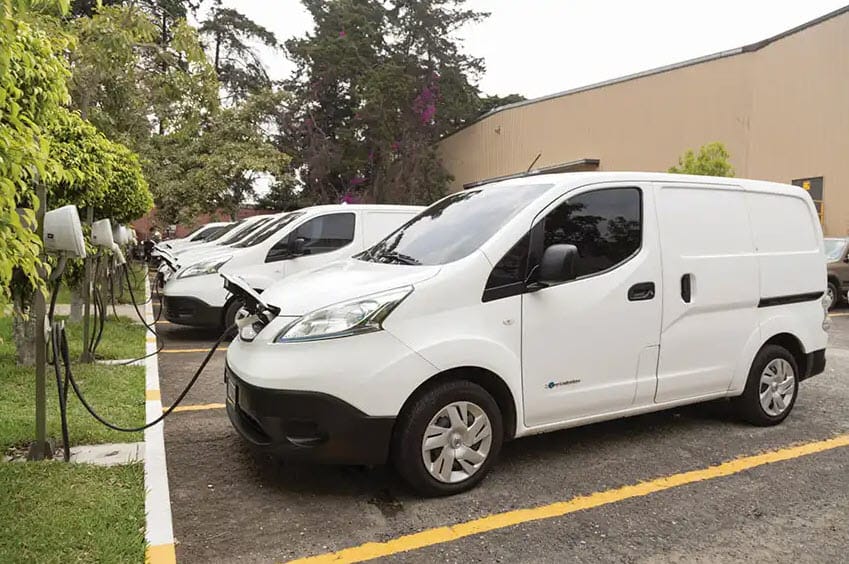
Moreover, by integrating additional internal technologies such as GPS tracking systems and real-time temperature monitoring, electric transportation becomes a vital tool for ensuring product quality without compromising sustainability.
A Complete Logistics System: Technology, Security, and Traceability
Beyond transportation, Agencias J.I. Cohen has developed a logistics ecosystem that prioritizes compliance and innovation. Their infrastructure includes:
- A cold storage facility with a triple-redundancy refrigeration system, ensuring 99.9% uptime in temperature control.
- Inventory management based on the FEFO (First Expires, First Out) method, optimizing product rotation.
- Biometric access control and 24/7 monitoring, particularly in their controlled substance warehouse, strengthening both physical and regulatory security.
This integrated model allows the company to manage the entire logistics flow in an automated manner, ensuring regulatory compliance while optimizing energy use and operational efficiency.
The incorporation of electric transportation into pharmaceutical distribution is a strategic move toward sustainability and logistics efficiency. Companies like Agencias J.I. Cohen demonstrate that it is possible to significantly reduce environmental impact without compromising traceability, security, or service quality. This hybrid model, combining technological innovation and environmental responsibility, will be crucial for pharmaceutical companies across Latin America seeking to stand out in an increasingly regulated, demanding, and environmentally conscious market.


